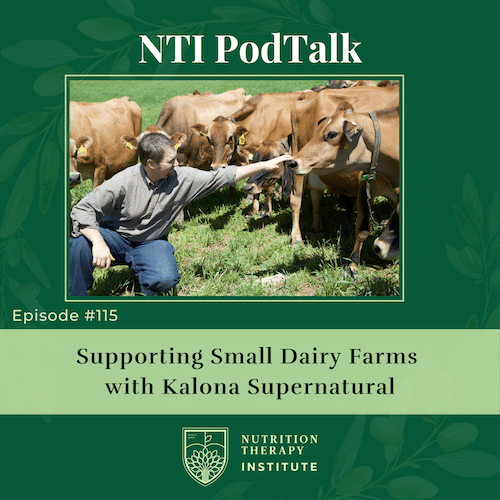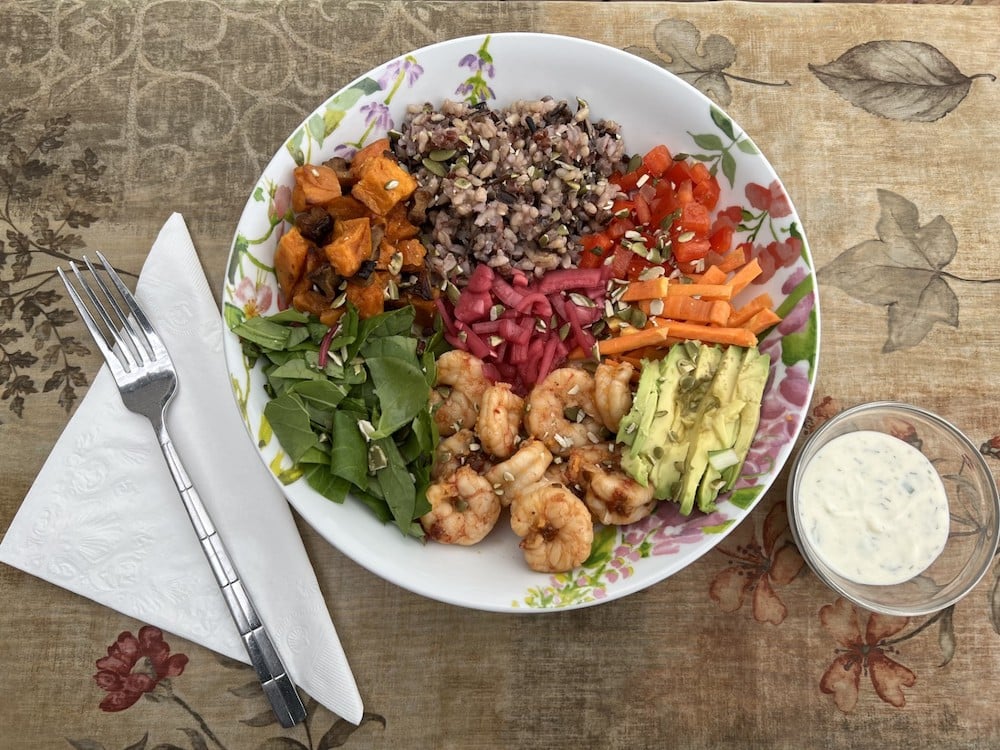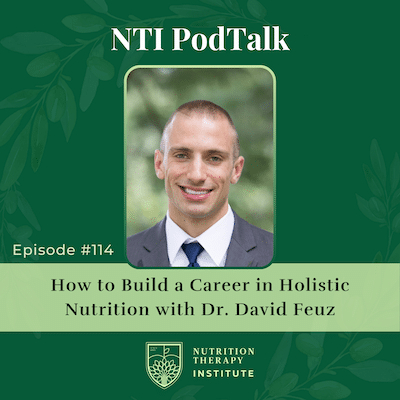
Share this post!
In A Nutritional Guide to Oils: Part 1, we discussed the challenges of choosing the best oils to cook with. As I mentioned, with the multitude of opinions and health information available to the public, it can feel almost impossible to decipher between what is actually supportive of your health when it comes to fats and oils.
Now that we have gone over the benefits of oils and when to use them, I’d like to emphasize the oils to avoid in our diets and why.
Plant cooking oils to avoid:
- Soybean oil
- Canola oil
- Corn oil
- Vegetable oil
- Safflower oil
- Cottonseed oil
- Peanut oil
These oils are polyunsaturated, which means they contain spots of vulnerability within their chemical structure. The spots of vulnerability are the double bonds along the fatty acid chain.
What are they vulnerable to? Heat, light, and oxygen. Heating polyunsaturated oils causes these oils to oxidize, forming free radicals and other harmful compounds, things we definitely don’t want to be ingesting. When polyunsaturated oils are produced, they usually undergo intense extraction procedures that cause them to oxidize before they even reach the grocery store shelf. You’ve probably noticed that the oils listed above are usually bottled in clear plastic. Light is one of the contributing factors to oxidation, and these oils are plenty exposed to it by the time you buy them.
When polyunsaturated oils are hydrogenated, the process creates trans-fatty acids. Trans fats are artery-clogging, pro-inflammatory fats that are formed when vegetable oils are hardened into margarine or shortening. Trans fats are known to increase blood levels of low-density lipoprotein (LDL) while lowering levels of high-density lipoprotein (HDL). Trans fats have been linked to cancer, type 2 diabetes, heart disease, and other serious health problems.
Vegetable Oils and GMOs
What makes matters worse is that the majority of these vegetable oils, at least in the U.S., are made from heavily processed genetically engineered crops. So not only are the polyunsaturated fats being oxidized, but these oils also contain other toxins, such as glyphosate and Bt toxin found in genetically engineered corn and soy. Glyphosate is the active ingredient in the broad-spectrum herbicide Roundup, which is used in very large amounts on all of these crops.
Omega-3 to Omega-6 Ratio
Lastly, when choosing vegetable oils, we want to be sure they have a healthy omega-6 to omega-3 ratio. The typical American diet consists of a high omega-6 to low omega-3 ratio: 15 omega-6s for every 1 omega-3 fatty acid. Omega-3 fatty acids can provide a healthy boost to the heart, normalize and regulate your cholesterol triglyceride levels, aid in mental and behavioral health, rheumatoid arthritis, and more. Omega-3 fatty acid deficiency is associated with fatigue, poor memory, dry skin, depression, and poor circulation. Omega-6 fatty acids are generally pro-inflammatory. Omega-3 fatty acids are anti-inflammatory. While both fatty acids are important for inflammation regulation, ideally we want the ratio to be closer to 2:1. Polyunsaturated oils have more omega-6s than omega-3s, and can therefore contribute to our inflammatory load, increasing our risk for illness and disease.
My hope is to help you navigate the world of oils. The marketing of holistic nutrition in grocery stores, magazines, and articles can be very tricky and skew our perception of what oils may or may not be beneficial to our health. Remember to steer clear of the above-mentioned vegetable oils which are loaded with harmful pesticides, GMOs, and trans fats. When in doubt and wondering which fat to cook with, stick to avocado oil, coconut oil and ghee. Cheers to the knowledge to make smarter choices with oils in your kitchen!
Keep learning about cooking fats and oils in the blogs: Interesterified Fat from a Holistic Perspective, The Safest Ways to Cook with Healthy Fats, and Where Have the Trans Fats Gone and What Has Replaced Them?
Hear about the dangers of seed oils: Are Seed Oils Harming Your Health?
Kelly Pender is an admissions counselor at Nutrition Therapy Institute. She is a Registered Yoga Instructor and leads monthly Yoga workshops.
Image: Cottonseed Oil by Cottonseed Oil is licensed under CC BY 2.0
Share this post!


















